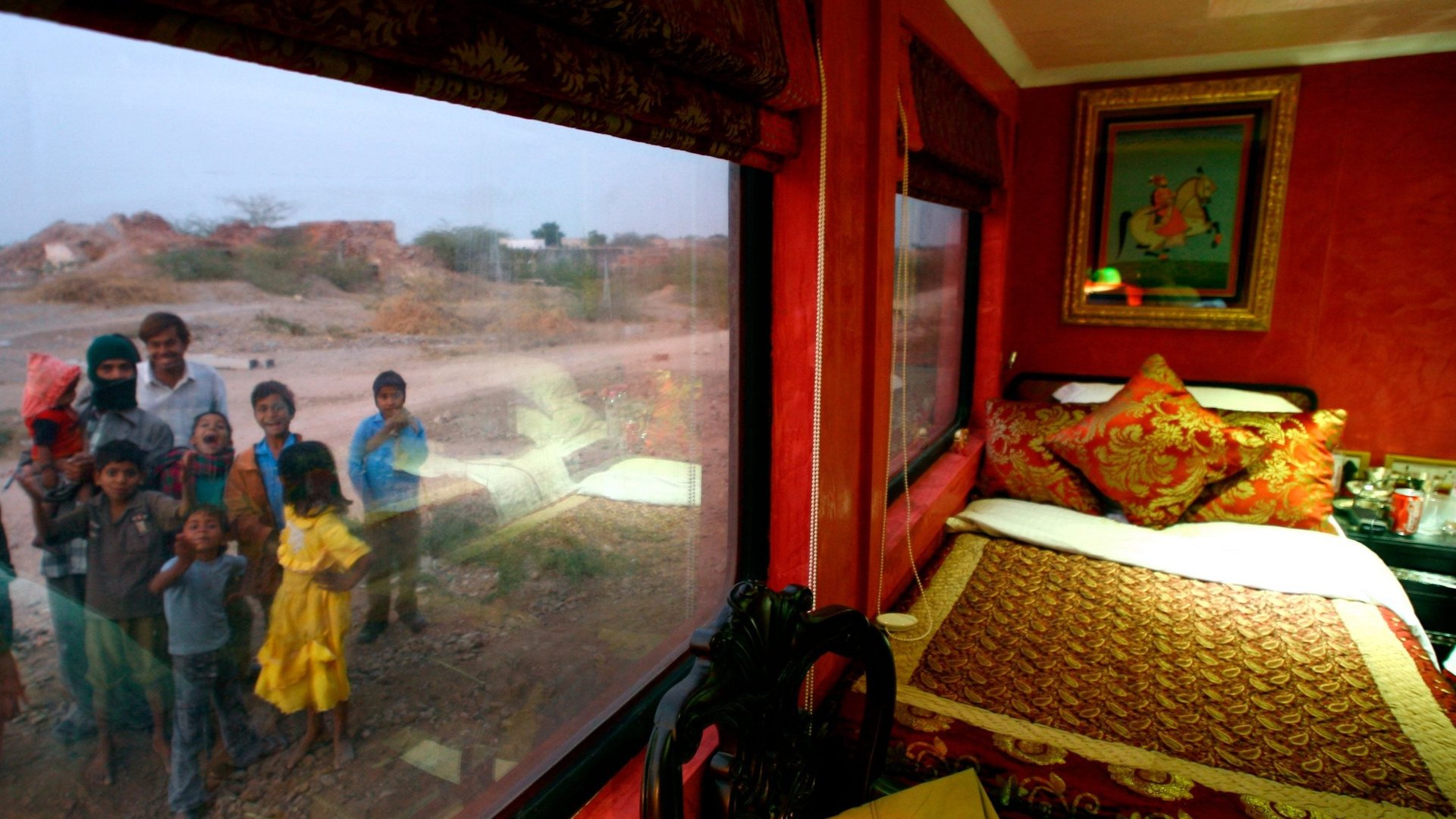Indians are the biggest believers in the rags-to-riches fairytale
India’s faith in the slumdog millionaire story is far more resolute than anywhere else in the world.


India’s faith in the slumdog millionaire story is far more resolute than anywhere else in the world.
People in the country have the highest confidence in upward social mobility, according to a World Economic Forum (WEF) survey of over 10,000 adults in 29 countries. The results of the survey, released late last week, suggest that Indians, more than any other nationality, believe it is common for someone in their country to start poor, work hard, and ultimately become rich.
While these developing countries exhibit remarkable confidence in upward mobility, a few developed nations such as Germany and Japan report some of the lowest figures—18% and 19%, respectively.
Indians’ confidence in their ability to climb the social ladder corresponds to their faith in the country’s schooling system. About 66% of Indian respondents say most people in their country have access to good education.
This is in stark contrast to the UN Human Development Index for 2017, which puts India at a low 132nd rank among 189 countries when it comes to the years of schooling received by individuals in the country. An average Indian, with 12 years of schooling, is unlikely to have a college degree.
Social mobility in India is also not equally distributed. Dalit (formerly deemed untouchable) and adivasi (tribal) groups have less than half the upward social mobility compared to the forward castes, according to a 2016 study by The University of Manchester.
Muslims in India fare even worse than Dalits and adivasis, who are aided by the country’s reservation system, says a 2018 working paper by Dartmouth College. Overall, Indian men born to fathers in the bottom of the socioeconomic distribution are just as likely to stay in the bottom today as they were in the 1950s, it adds.
However, Indians display some of the highest confidence in their government’s work to ensure opportunity to all groups of people, the WEF survey has found.